
ITV1
Featured Show:
Win, Lose or Draw
Win, Lose or Draw is a British television game show that aired for nine series in the ITV daytime schedule from 1990 to 1998, produced by Scottish Television. The game was based on an American television game show of the same name.
ITV1 TV Shows
2025 shows • Page 56 of 102

Win, Lose or Draw
Win, Lose or Draw is a British television game show that aired for nine series in the ITV daytime schedule from 1990 to 1998, produced by Scottish Television. The game was based on an American television game show of the same name.

Haggard
Haggard a 1990—1992 British comedy television series. "Haggard" is about the exploits of Squire Haggard, the Squire's 25-year-old son Roderick, and their servant Grunge. It was made for the ITV network by Yorkshire Television, and based on Squire Haggard’s Journal by Michael Green, more famous for his The Art of Coarse... books. Fanny Foulacre, Roderick's girlfriend, makes asides to the camera, commenting upon the situations she finds herself in. The series is set during 1777—1778, in the Georgian era.

Making News
Making News is a television drama set in the world of journalism produced by Thames Television for the ITV network. A pilot was screened in 1989, followed by one series of six episodes in 1990. The leading cast members included Bill Nighy, Alphonsia Emmanuel, Paul Darrow, Annie Lambert and Tony Osoba.
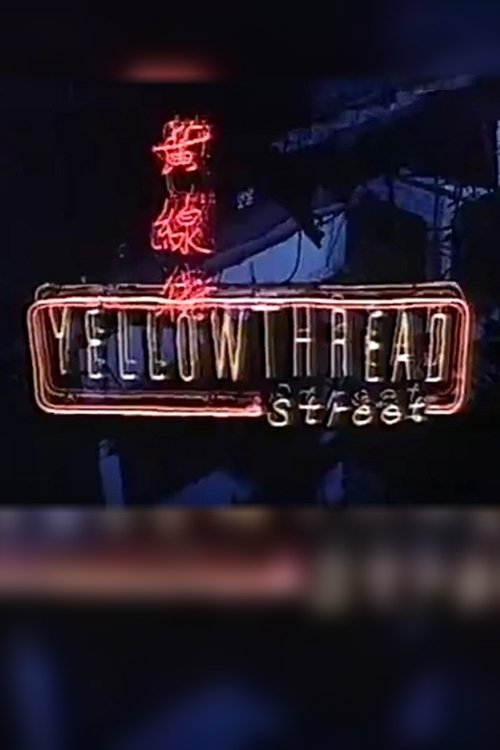
Yellowthread Street
Yellowthread Street is a 1990 ITV police procedural developed by Ranald Graham. Adapted from the novels by William Leonard Marshall, the thirteen episode series revolves around the Triad-busting cases of a group of Royal Hong Kong Police Force detectives, based in the colony’s Yellowthread precinct. Despite being a critical and ratings hit, Yellowthread Street never caught on, perhaps the result of the exotic setting and expensive production (it was shot on 35mm). It also seemed caught between two eras: conceived in the 1980s and produced at the turn of that decade, its philosophy and look seemed a little dated compared to other modern shows of the genre (i.e. The Bill).
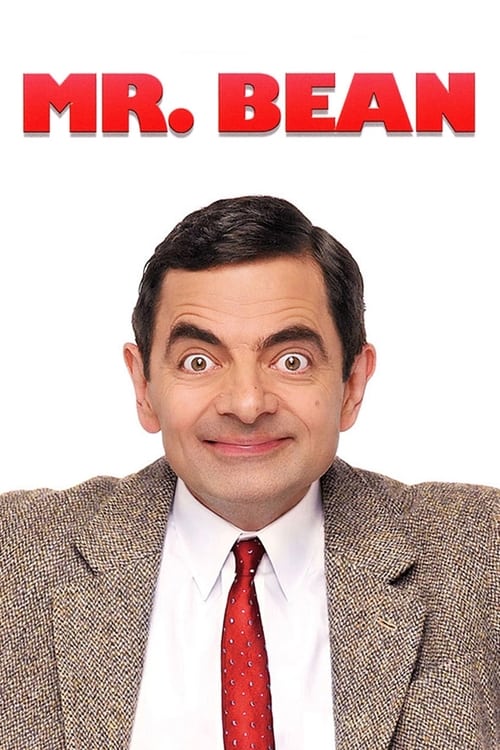
Mr. Bean
Mr Bean turns simple everyday tasks into chaotic situations and will leave you in stitches as he creates havoc wherever he goes.
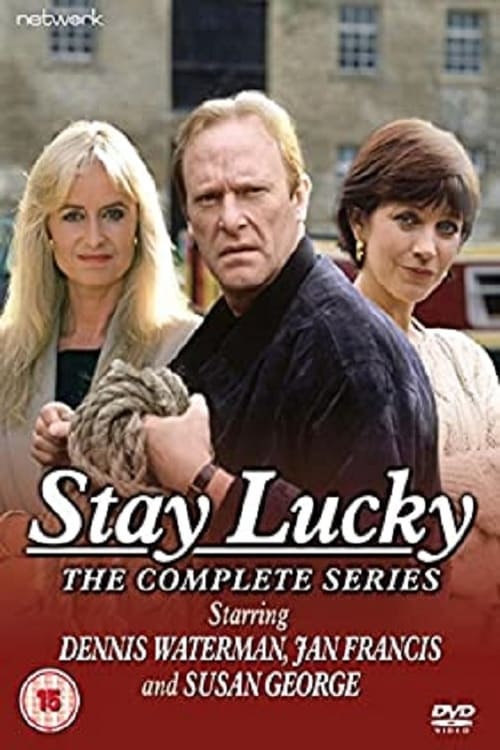
Stay Lucky
Drama about a small-time gangster Thomas Gynn (Dennis Waterman) from London who discovers a new life up north in Yorkshire. Helping widowed, self-sufficient businesswoman Sally Hardcastle (Jan Francis) when her car breaks down on the motorway, Thomas reluctantly accepts an offer of a lift to Leeds. Over the coming months, the two become involved in a series of misadventures that soon find them being drawn closer together.
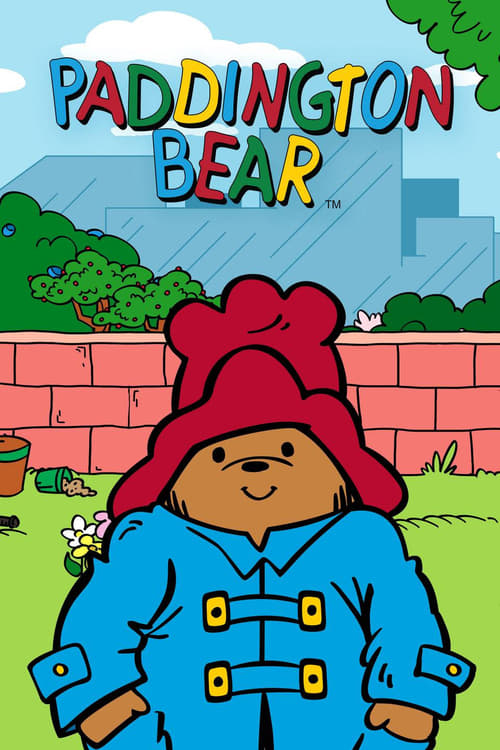
Paddington Bear
Paddington Bear was the second television adaptation of the children's animated series and made by Hanna-Barbera. This series was traditional two-dimensional animated and featured veteran voice actor Charlie Adler as Paddington and Tim Curry as Mr. Curry. The character of an American boy named David, Jonathan and Judy Brown's cousin was added to the stories in order to sell the concept to US networks.

About Face
About Face is a series of twelve unconnected half-hour sitcoms all starring Maureen Lipman in the lead role. Each episode featured a guest cast of well known actors and actresses. The episodes were written by Richard Harris, Geoffrey Perkins, Chips Hardy & John Henderson, Astrid Ronning, John Wells, Paul Smith & Terry Kyan, Jack Rosenthal, Carol Bunyan and Ian Hislop & Nick Newman. It was made for the ITV network by Central Independent Television.
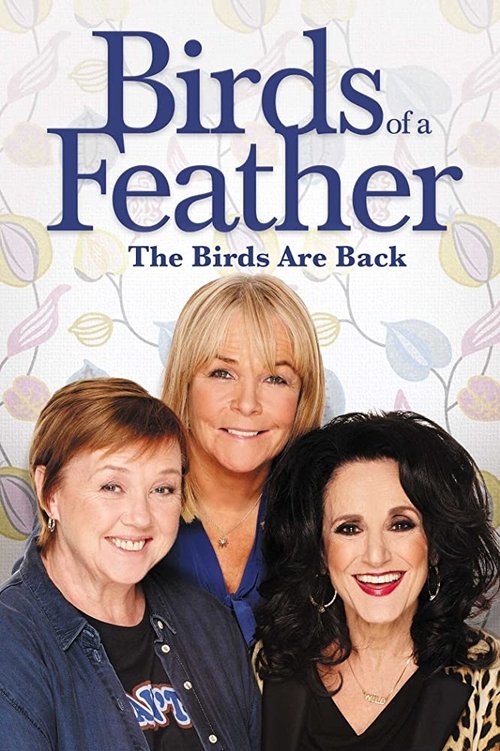
Birds of a Feather
Birds of a Feather is a British sitcom that was broadcast on BBC One from 1989 until 1998 and on ITV from 2013. Starring Pauline Quirke, Linda Robson and Lesley Joseph, it was created by Laurence Marks and Maurice Gran, who also wrote some of the episodes along with many other writers. The first episode sees sisters Tracey Stubbs and Sharon Theodopolopodos brought together when their husbands are sent to prison for armed robbery. Sharon, who lived in an Edmonton council flat, moves into Tracey's expensive house in Chigwell, Essex. Their next-door neighbour, and later friend, Dorien Green is a middle-aged married woman who is constantly having affairs with younger men. In the later series the location is changed to Hainault. The series ended on Christmas Eve 1998 after a 9-year-run.
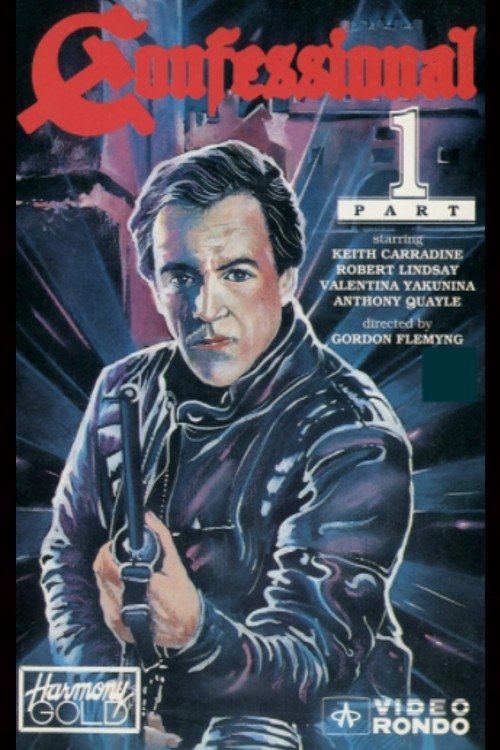 0
0Confessional
A secretive terrorist commits crimes to disrupt the peace process between the Irish and the Brits. Both sides want him dead. When he decides to assassinate the Pope and blame it on the U.K., only a musician with a secret past can stop him.

Close to Home
A situation comedy about divorcee James Shepherd, a charismatic vet, who struggles to run both a successful surgery and a home for his two teenage children.
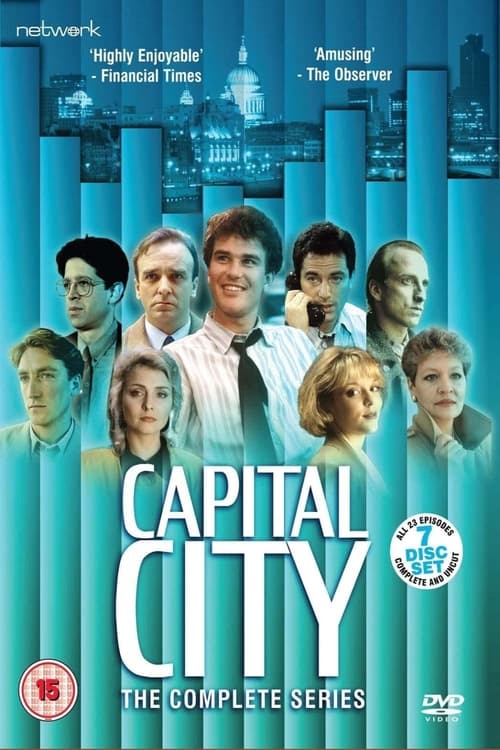
Capital City
Capital City was a television show produced by Euston Films which focused on the lives of investment bankers in London living and working on the corporate trading floor for the fictional international bank Shane-Longman. Despite its short run in the UK, it was rebroadcast on UKTV Gold as well as a handful of PBS stations in the United States and starred a number of now well known faces. The music for the series was composed by the Colin Towns and enjoyed some success in its own right.

Act of Will
Act of Will is a 1989 mini-series directed by Don Sharp. It the third mini series based on a Barbara Taylor Bradford novel he had directed and was an early lead role for Elizabeth Hurley.
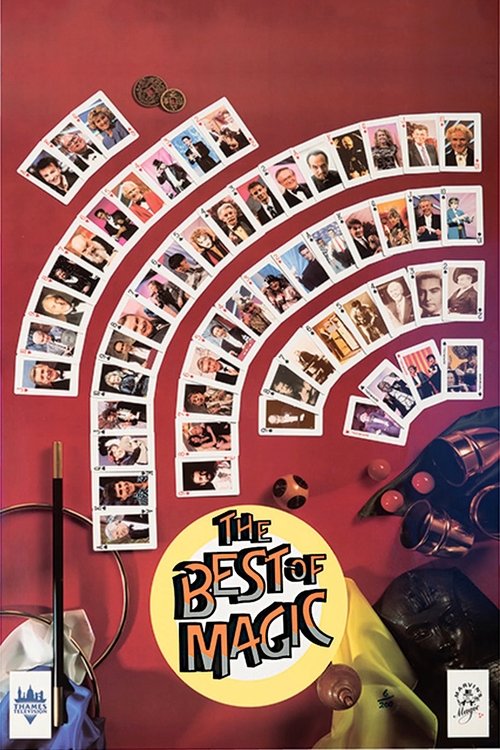 0
0The Best of Magic
The Best of Magic was a British magic show produced by Thames Television for the ITV network that aired from 13 September 1989 to 19 September 1990. The show was hosted by Geoffrey Durham, Simon Mayo, and Anthea Turner, with frequent guest appearances by Arturo Brachetti and Max Maven.
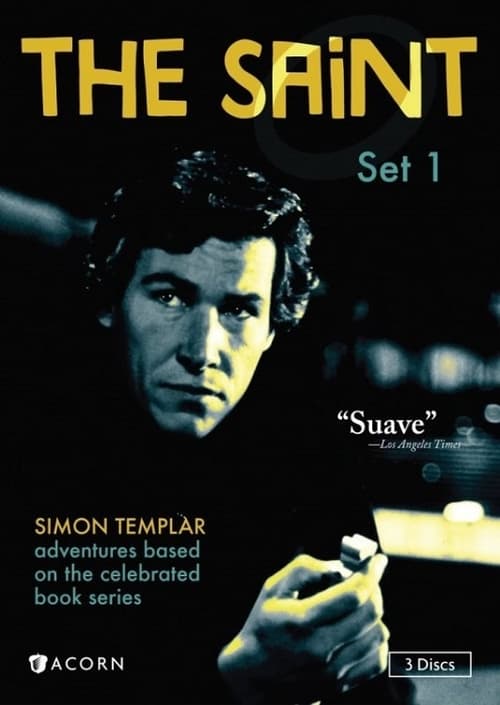 0
0The Saint

French Fields
French Fields is a British situation comedy. It ran for 19 episodes from 5 September 1989 to 8 October 1991. It was written by John T. Chapman and Ian Davidson and was produced by Thames Television for ITV. The series starred Anton Rodgers and Julia McKenzie as husband and wife William and Hester Fields and followed the series Fresh Fields, which ran from 7 March 1984 to 23 October 1986. At the end of the last series of Fresh Fields, William accepted a position with a French company. French Fields follows Hester and William after they make the move to Calais. Other regular cast included their French real estate agent Chantal, who was also the Fields' neighbour to the left. On the right, were the horrible and snobbish English couple the Trendles. Hester and William also coped with Madame Remoleux, an unintelligible and ancient French woman who lived in and cared for the estate — called Les Hirondelles — where they all lived. Also, popping in on a regular basis, were local farmer and mayor Monsieur Dax and his daughter Marie-Christine, to whom Hester did her best to teach English. Nicholas Courtney also appeared frequently as the Marquis.
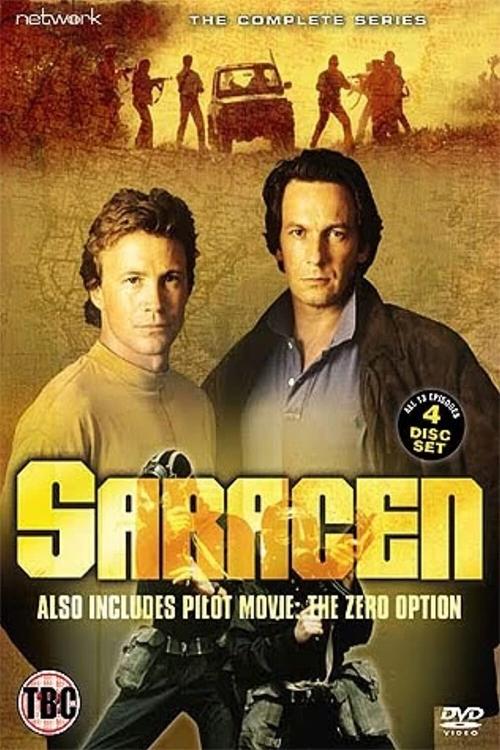
Saracen
Saracen is a 1989 British television drama series. Made for ITV by Central Television, it starred Christian Burgess and Patrick James Clarke in the title roles. 13 episodes were made which were shown throughout the autumn of 1989.
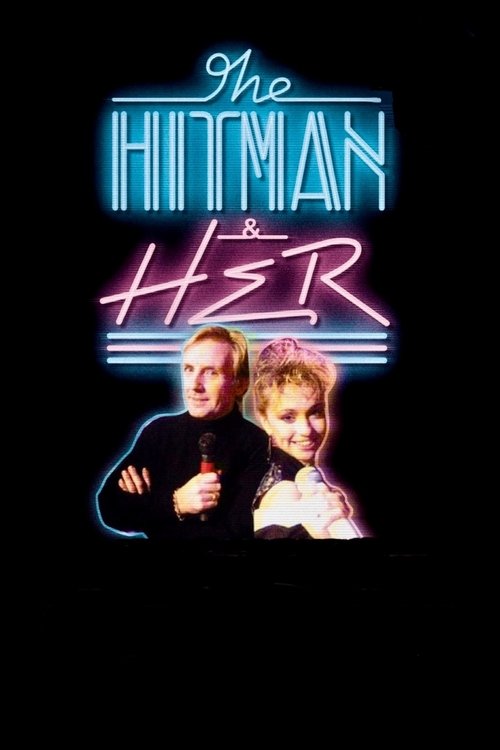
The Hit Man and Her
The Hit Man and Her was a British television dance music show hosted by Pete Waterman and Michaela Strachan. The programme was produced for Granada Television and ran from September 1988 until December 1992.
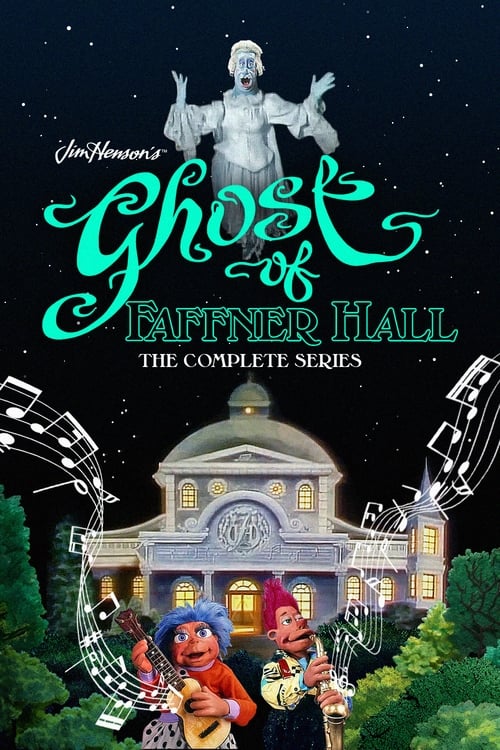
The Ghost of Faffner Hall
The Ghost of Faffner Hall is a British/American children's television series from The Jim Henson Company and the British ITV company Tyne Tees Television which aired from August 16, 1989 to November 11, 1989 in the UK, and slightly later in the US. The puppets for this show were created by Jim Henson's Creature Shop, and the series was recorded at the Tyne Tees Studios in Newcastle upon Tyne and directed by Tony Kysh, then senior director within that company's children's department.
